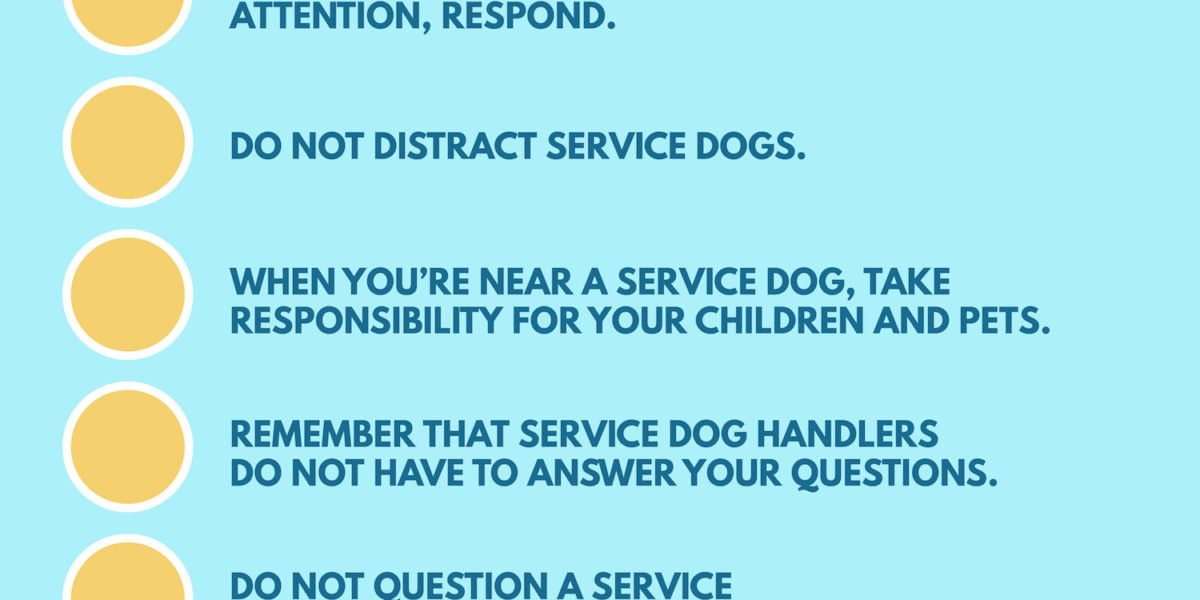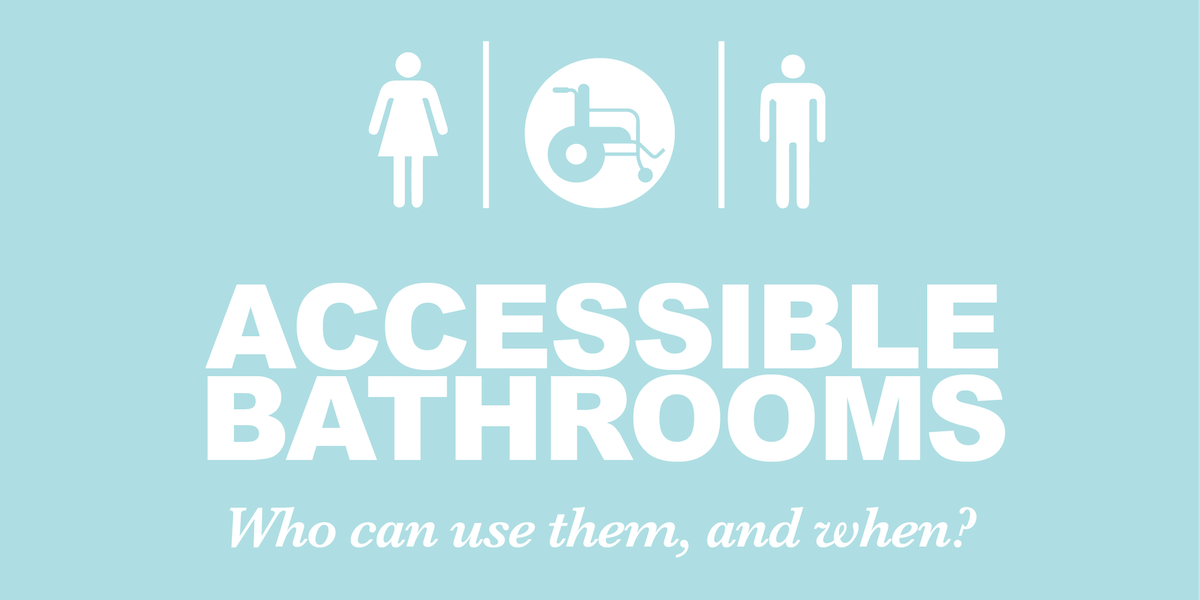The information presented above is intended only to be a general educational resource. It is not intended to be (and should not be interpreted as) medical advice. If you are pregnant and have questions about management of a nuchal cord, please consult with a medical professional. 1. The term “nuchal cord” refers to a condition […]
How to Behave Around Service Dogs
Disclaimer: This page is for informational use only. Please note that we do not sell/provide service animals. If you do not personally work with a service dog, or have someone close to you who does, it can be difficult to know how to behave around them. Even well-meaning people often make faux pas when it comes to service […]
Interacting with Disabled People: Etiquette Tips and Guidelines
Talking to someone with a disability is just like talking to anyone else. But sometimes, you might feel you are saying or doing the wrong thing. We’ve compiled some basic etiquette tips for spending time and communicating with disabled individuals: General etiquette guidelines If you are having a conversation with someone with a disability, it’s […]
Our Favorite Apps for At-Home Education
Parents across the country are beginning to homeschool their children in increasing numbers. This comes with a range of difficulties, including lack of resources and guidance. Parents of children with disabilities are especially struggling to match the special education services their child was offered at school. In an effort to help these parents, we’ve compiled […]
Should Non-Disabled People Use Accessible Bathroom Stalls?
Back in 1999, the author (at the time) of popular Slate column “Dear Prudence” found herself in hot water after answering an etiquette question dealing with accessible bathroom stalls. She had told a letter writer that it was fine for non-disabled people to make a habit of using these stalls simply because of personal preference, […]




